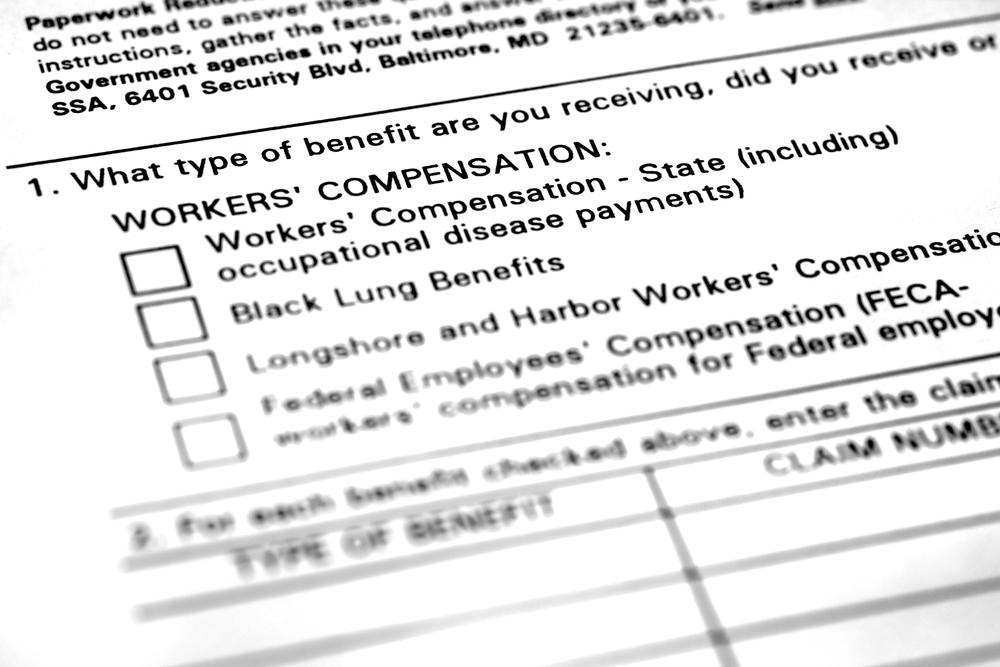
Worker’s Compensation Doctors Requiring Waivers and Releases
Workers’ compensation in Florida provides two categories of benefits: Indemnity and medical. Within the medical benefit category, injured workers are governed by the limitations set forth in Florida Statute 440.
When you get injured on the job, you have already given up your right to sue your employer in circuit court for negligence; you do not have the right to claim pain and suffering, loss of enjoyment of life, or punitive damages. In addition, when your employer or insurance company provides you with a doctor, it is the doctor they choose to authorize. There are very few circumstances in which the insurance company does not have complete control over which doctors are authorized.
Injured workers must be careful. Over time, more and more benefits have been eliminated from the system. It’s a tough burden to get proper and efficient medical treatment when injured on the job. There are obvious hurdles and more subtle ones. One of the more subtle ones is making sure the doctors you are treating with are being up front and fair with you.
Sign Worker's Compensation Doctor's Waivers Carefully
Certain medical facilities and doctors are asking their workers’ compensation patients to waive even more rights in order to treat them for their work injury. These waivers should not be signed. Some make injured workers responsible for medical bills beyond what is allowed in Section 440.13 while others want to limit an injured worker’s ability to sue for medical malpractice.
These releases and waivers might occur when a person treats for personal health issues through personal health insurance, but the difference is a person has the right to not use that doctor and go somewhere else. In workers’ compensation situations, you are limited to doctors the insurance company authorizes.
These releases are usually a part of the paperwork a patient receives when they first start treatment at an office. They might be in the same stack of papers that have the medical history and questionnaire that are typical in most doctors’ offices. Medical histories, pain diagrams, and allergy information is all appropriate and normal for a doctor to need in order to make a treatment recommendation. Injured workers must be very careful to not accidentally sign things without reading.
Talk to the Staff
If you come across some of these releases, you must have a conversation with the doctor’s office. Ask if they require these in order to treat with that facility. If they are, then you must also weigh if you are willing to give up those rights in order to receive treatment from that doctor. Most likely, there will be alternate options in the area that will not make you sign those types of releases.
But also be aware, the insurance company still retains choice of physician. They very well might set up an appointment with a doctor that has a bad reputation for treating injured workers.
Protect yourself and your loved ones by doing your research and discuss your situation with local attorneys that are familiar with the doctors in your area. They will know which ones require which releases and which ones are fair with injured workers.